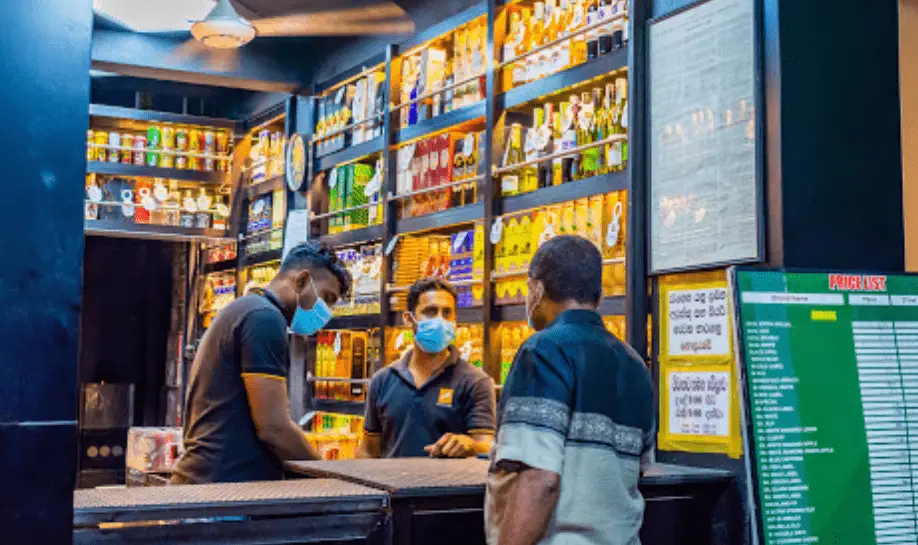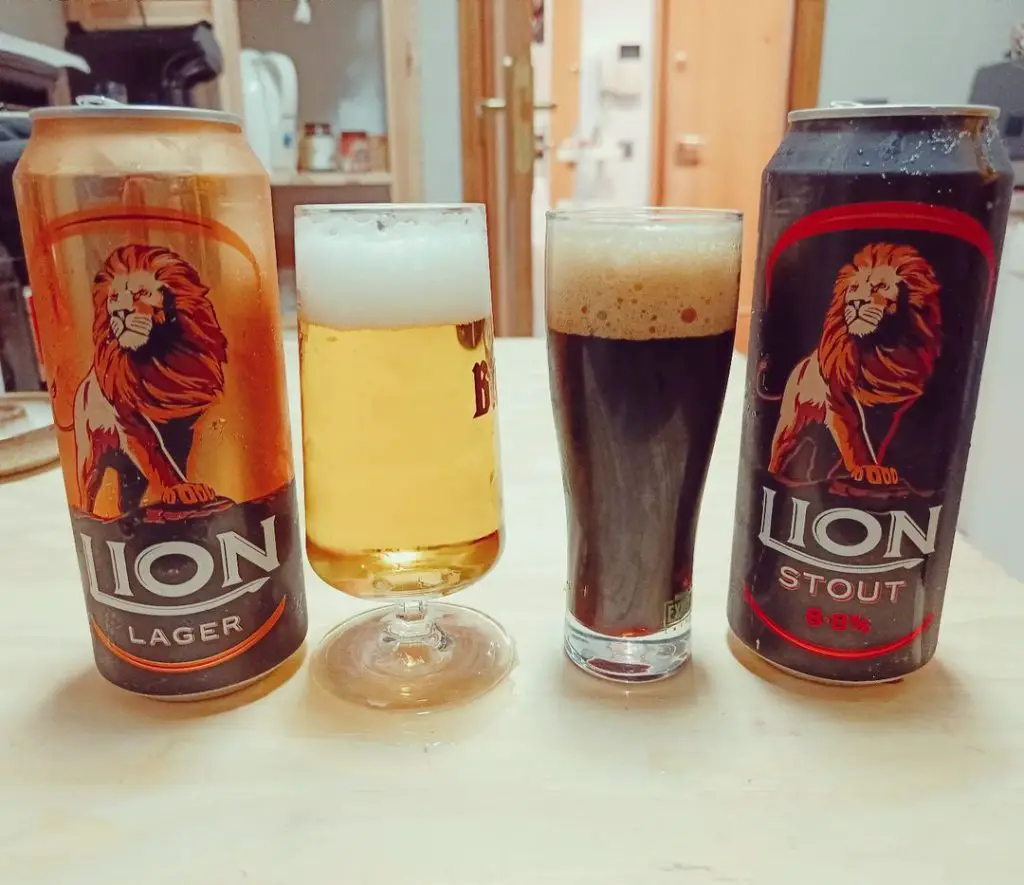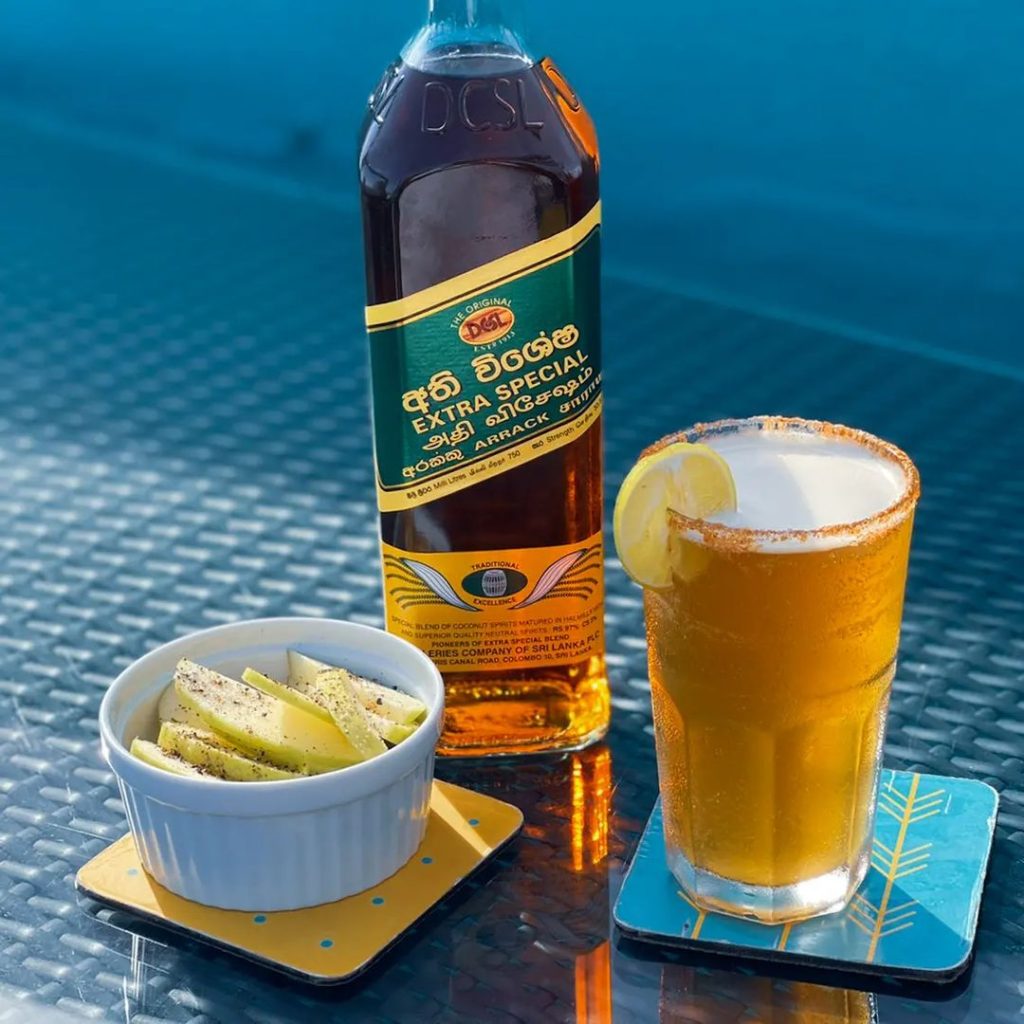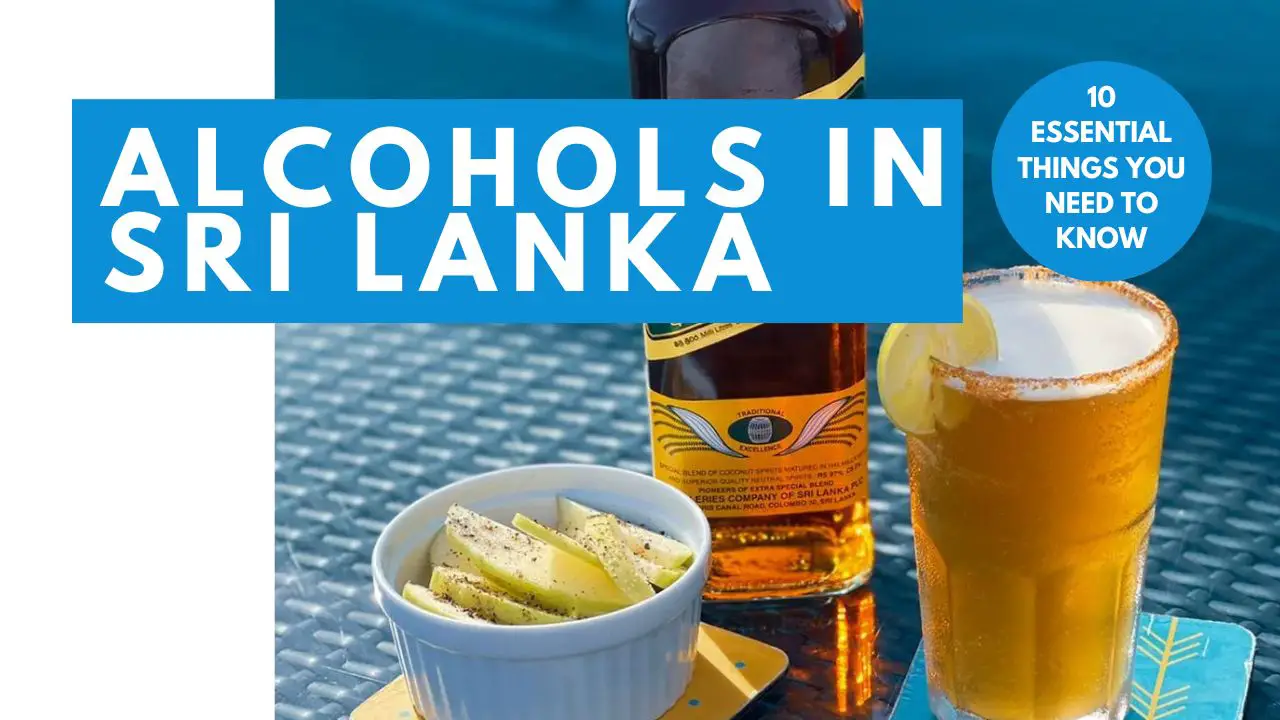Sri Lanka, a country with a rich cultural tapestry, exhibits a complex relationship with alcohol that intertwines pleasure, social norms, and symbolic meanings. Despite the health and socio-economic consequences associated with harmful drinking, alcohol consumption and Alcohols in Sri Lanka in Sri Lanka is on the rise, reflecting a blend of traditional practices and modern influences. This increase is particularly notable given the country’s main religion, Buddhism, which often views alcohol consumption as immoral.
In Sri Lanka, alcohol intake patterns vary significantly, with a clear distinction between moderate consumers, abstainers, and heavy drinkers. These patterns are not just about consumption but are deeply embedded in the social fabric, reflecting one’s social status and lifestyle choices. For instance, the choice of beverage, from locally brewed arrack to imported spirits, carries symbolic capital, signaling one’s position within the community.
Table of Contents
Legal Drinking Age in Sri Lanka
the legal drinking age of Sri Lanka is a topic of interest for both locals and tourists. The country sets the legal age for alcohol consumption at 21 years. This regulation is in place to ensure responsible drinking habits among the youth and to align with global standards on alcohol consumption.
The age limit is enforced to mitigate the potential negative effects of alcohol on younger individuals, whose brains and bodies are still developing. For tourists, especially those coming from countries with different legal drinking ages, it’s important to be aware of and respect these local laws during their stay in Sri Lanka. This adherence not only ensures legal compliance but also respects the cultural and social norms of the country regarding Alcohols in Sri Lanka.
- Legal Age: The legal purchasing age for alcohols in Sri Lanka is officially 21 years.
- Enforcement: In practice, enforcement of this age limit can be lenient, with some reports indicating that individuals over 16 years of age can sometimes purchase alcohols in Sri Lanka without being asked for ID.
- Gender Considerations: There have been instances where women, despite being of legal age, have faced difficulties in purchasing alcohols in Sri Lanka due to gender biases.
- Tourist Areas: In tourist hotels and restaurants, the legal age of 21 is generally adhered to, but again, enforcement can vary.
Can Female Tourists Buy Alcohols in Sri Lanka?
Historically, there have been legal restrictions on women purchasing alcohols in Sri Lanka. However, these laws have evolved over time, and currently, female tourists can buy and consume alcohol without facing legal issues.
It’s important to note that while the legal barriers may have been lifted, cultural perceptions and norms around female alcohol consumption can still vary across different regions and communities within Sri Lanka. Tourists should be mindful of these cultural nuances to ensure a respectful and enjoyable experience in the country.
Purchasing Alcohols in Sri Lanka – Where and When?

tourists and locals alike have various options for purchasing alcohols in Sri Lanka. The common places to buy alcohol include wine stores, restaurant bars, hotel bars, and some supermarkets. Each of these establishments operates under specific licensing rules, which dictate their opening hours. Generally, wine stores in Sri Lanka are open from 9:00 am to 9:00 pm. For those looking to enjoy a drink in a more social setting, restaurant bars typically open from 11:00 am and close at 11:00 pm.
Sri Lanka National Policy on Alcohol
- Locations to Buy Alcohols in Sri Lanka:
- Wine Stores: A common place to purchase a variety of alcoholic beverages.
- Restaurant Bars: Offer a range of alcoholic drinks, often with dining options.
- Hotel Bars: Typically found in 3-star to 5-star hotels, providing a selection of local and international alcohols in Sri Lanka.
- Supermarkets: Some supermarkets stock alcohol, offering convenience for shoppers.
- Opening Hours and Licenses:
- Wine Stores: Generally open from 9:00 am to 9:00 pm.
- Restaurant Bars: Usually operate from 11:00 am to 11:00 pm.
- The opening hours can vary depending on the type of license the establishment holds.
It’s important to note that wine is not as popular in Sri Lanka as in many Western countries. Therefore, while some 3-star hotels and almost all 4 and 5-star resorts offer wine for sale, it might be less readily available in smaller hotels. In such cases, tourists are advised to purchase wine at the airport or bring it from home. Understanding these nuances of alcohol purchase in Sri Lanka helps in planning your stay and ensures a smooth experience while respecting local laws and customs.
Beers In Sri Lanka

| No. | Beer Name | Avg. Rating | Style | Description |
|---|---|---|---|---|
| 1 | Lion Stout | 3.77 | Stout – Extra / Foreign / Tropical | A rich and robust stout with a complex flavor profile, often featuring notes of coffee, chocolate, and dark fruits. |
| 2 | Millers Sando Stout | 3.35 | Stout – Extra / Foreign / Tropical | Similar to Lion Stout, this beer offers a deep, dark flavor with a smooth finish, perfect for stout lovers. |
| 3 | Kings Extra Strong Stout | 3.18 | Stout | A strong and bold stout with a pronounced roasted malt character and a hint of bitterness. |
| 4 | GB | 2.95 | Pilsener – Imperial | An imperial pilsener with a higher alcohol content, offering a crisp and refreshing taste with a bit more kick. |
| 5 | Three Coins Irish Dark | 2.88 | Red Ale – Irish | A dark red ale with a balance of malt sweetness and hop bitterness, often featuring caramel and toasty flavors. |
| 6 | Royal Pilsner (Sri Lanka) | 2.87 | Pilsener / Pils / Pilsner | A classic pilsner style beer, light in color and body, with a clean, crisp taste and a refined hop aroma. |
| 7 | Sando Power Extra Strong | 2.87 | Malt Liquor | A high-alcohol malt liquor, known for its strong and bold flavors, often with a sweet and slightly fruity profile. |
| 8 | Millers Irish Dark Red Ale | 2.86 | Red Ale – Irish | Another Irish red ale, this one is likely to have a smooth malt character with hints of caramel and a gentle hop finish. |
| 9 | Ryder’s Reggae Rum | 2.72 | Flavored – Other | A unique beer with added flavors, possibly including rum or other Caribbean-inspired tastes. |
| 10 | Lion Coffee Stout | 2.72 | Stout – Flavored / Pastry | A flavored stout that combines the rich, dark flavors of stout with the aromatic bitterness of coffee. |
| 11 | Papare Celebration Pilsner | 2.68 | Pilsener / Pils / Pilsner | A celebratory pilsner, likely light and refreshing with a clean, crisp finish, suitable for various occasions. |
| 12 | Papare English Red Ale | 2.68 | Red Ale / International Amber Ale | An amber ale with a focus on English-style brewing, offering a balance of malt sweetness and hop bitterness. |
| 13 | Carlsberg Special Brew (Sri Lanka) | 2.67 | Malt Liquor | A special brew from Carlsberg, this malt liquor is likely strong and robust, with a distinct malt-forward profile. |
| 14 | Kings Pilsner (Sri Lanka) | 2.59 | Pilsener / Pils / Pilsner | Another pilsner offering from Sri Lanka, this one is likely crisp and refreshing with a light hoppy character. |
| 15 | Ryder’s Wild Apple | 2.39 | Flavored – Fruit | A fruit-flavored beer, possibly with a prominent apple taste, combining the sweetness of fruit with the bitterness of beer. |
| 16 | Kings Lager | 2.35 | Pale Lager – American | An American-style pale lager, typically light in flavor with a clean, crisp finish and a mild hop presence. |
| 17 | Lion Extra Strong | 2.32 | Malt Liquor | A stronger version of a traditional malt liquor, likely with a bold flavor profile and a higher alcohol content. |
| 18 | Bison Super Strong (XXXtra Strong Lager) | 2.30 | Malt Liquor | An extra strong lager, known for its high alcohol content and robust flavors, often with a sweet undertone. |
| 19 | Lion Lager (Sri Lanka) | 2.28 | Pale Lager – International / Premium | A premium international pale lager, offering a smooth and balanced flavor with a light hoppy finish. |
| 20 | Lion Strong | 2.27 | Malt Liquor | A strong malt liquor with a focus on delivering a potent and full-flavored experience, often with a sweet malt base. |
| 21 | Hudgen 5 | 2.27 | Pale Lager – American | An American pale lager, likely light and easy-drinking with a clean and crisp taste, suitable for casual drinking. |
| 22 | Millers GB (Grand Blonde) | 2.15 | Malt Liquor | A malt liquor with a blonde color, possibly offering a lighter taste profile while still maintaining a strong alcohol presence. |
| 23 | Millers Sando Power Strong Beer | 2.11 | Malt Liquor | A strong beer with a focus on power and bold flavors, likely with a higher alcohol content and a robust taste. |
| 24 | Three Coins Lager | 2.02 | Pale Lager – International / Premium | A premium pale lager, offering a light and refreshing taste with a subtle hop character, suitable for a wide range of palates. |
Cost of Alcohols in Sri Lanka
The cost of alcohols in Sri Lanka varies significantly between local and imported brands. Local spirits are generally more affordable, offering a cost-effective option for those looking to enjoy alcoholic beverages.
Imported brands, on the other hand, tend to be more expensive than their local counterparts. This price difference is attributed to import taxes and the costs associated with bringing foreign alcohol into the country.
For tourists seeking cost-effective purchases, it’s advisable to explore local Sri Lankan spirits, which not only offer a taste of the local culture but also come at a more reasonable price. Additionally, purchasing alcohol at duty-free shops, especially at the airport, can be a savvy way to enjoy premium spirits without the added cost. Being aware of these price dynamics can help tourists make informed decisions and enjoy their time in Sri Lanka without overspending on alcohol.
Suggestions | Read Now : 11 Sri Lanka Beaches You Can’t Miss | Best Snorkeling, Diving And Seafood Dining
Local Alcoholic Beverages to Try
Sri Lanka offers a variety of traditional alcoholic beverages that reflect its rich cultural heritage. Among these, Toddy stands out as a traditional drink made from the sap of the coconut tree. This sap is collected and fermented to create a mildly alcoholic beverage with a tart taste. Toddy is best enjoyed fresh and is often served in small clay pots, sometimes with added spices like cinnamon and cloves for extra flavor.
Another must-try local beverage is Arrack, a distilled alcoholic drink made from fermented coconut sap or sugarcane juice. It has a strong, distinctive flavor and is an integral part of Sri Lankan culture. Arrack is commonly found in Sri Lankan bars and restaurants and is often used as a base for cocktails. It can be enjoyed straight or mixed with soda or fruit juices.

For a non-alcoholic option, King Coconut Water is a popular choice. It’s a refreshing drink made from the water found inside young king coconuts, known for being sweeter and more flavorful than regular coconut water. This drink is not only delicious but also high in electrolytes, making it a healthy choice for hydration.
Wine in Sri Lanka: Availability and Recommendations
Wine culture in Sri Lanka is gradually gaining popularity, especially among the urban and younger demographics. While the country does not have a significant tradition of wine production, the demand for imported wines is on the rise. Tourists and locals are increasingly exploring a variety of international wines, with a particular interest in red and white varieties such as Cabernet Sauvignon, Merlot, Chardonnay, and Sauvignon Blanc.
For tourists looking to enjoy wine in Sri Lanka, it’s recommended to visit upscale restaurants and hotels, which often feature extensive wine lists. These establishments are keen on pairing wines with their culinary offerings, enhancing the dining experience.
Additionally, wine education and appreciation events, including tastings and workshops, are becoming more common, organized by hotels, restaurants, and wine distributors. These events offer an excellent opportunity for tourists to learn about and enjoy different types of wines available in Sri Lanka.
Bringing Alcohol into Sri Lanka: Rules and Limits
Tourists visiting Sri Lanka should be aware of the specific guidelines for bringing alcohol into the country. For visitors, the allowance is set at 2 bottles of wine and 1.5 liters of spirits. Additionally, a small quantity of perfume and souvenirs for personal use, not exceeding a value of US$250, is permitted. It’s important to note that all valuables, including jewelry and foreign currency, must be declared upon arrival.
- Duty-Free Allowance for Visitors:
- Wine: Allowed up to 2 bottles.
- Spirits: Permissible up to 1.5 liters.
- Other goods, including a small quantity of perfume and souvenirs, should not exceed a value of US$250.
- Prohibited Items:
- Certain items are strictly prohibited from being brought into Sri Lanka, including articles with religiously derogatory imprints or inscriptions, counterfeit goods, and narcotic drugs.
- Restricted Items:
- Some goods are heavily regulated and may require a permit prior to arrival, such as beedies and beedy tobacco.
There are also items that are strictly prohibited from being brought into the country, including articles with religious imprints or inscriptions considered derogatory, counterfeit currency, and narcotic drugs. Restricted items, such as certain medications and pets, require specific permits prior to arrival. Being informed about these regulations ensures a hassle-free entry into Sri Lanka and helps in respecting the country’s customs and legal framework.
FAQs
Can You Drink Alcohol in Sri Lanka?
Alcohol consumption in Sri Lanka is legal, but it’s influenced by cultural and religious norms. Buddhism, the main religion, advises against alcohol consumption, impacting societal attitudes. However, both locals and tourists legally consume alcohol, with certain restrictions in place.
What is the Famous Liquor in Sri Lanka?
The most famous and traditional Sri Lankan liquor is Arrack. Distilled from fermented coconut sap or sugarcane juice, Arrack is akin to rum or whisky and is deeply ingrained in the country’s cultural heritage. It’s a popular choice in local pubs and restaurants and is often used in cocktails.
Can You Buy Alcohol in Supermarkets in Sri Lanka?
Alcohols in Sri Lanka are available for purchase in Sri Lanka at various outlets, including wine stores, restaurant bars, hotel bars, and some supermarkets. However, the availability in supermarkets may vary, and there are specific licensing rules that dictate the opening hours of these establishments.
How Much Alcohol is Consumed in Sri Lanka?
The per capita alcohol consumption in Sri Lanka has seen an increase over the years. In 2018, it was approximately 4.1 liters per annum, up from 2.6 liters in 2005. This indicates a growing trend in alcohol consumption among the population.




